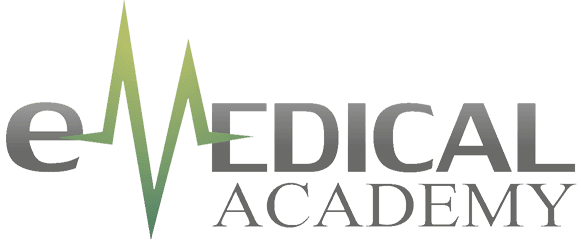Ben Gurion University of the Negev | BEER SHEVA, ISRAEL
eMEDICAL ACADEMY POCUS TRAINING INTEGRATION
SUMMARY
Ben-Gurion University of the Negev is a public research university in Beer Sheva, Israel. The university has five campuses: the Marcus Family Campus, Beer Sheva; the David Bergmann Campus, Beer Sheva; the David Tuviyahu Campus, Beer Sheva; the Sede Boqer Campus, and Eilat Campus.
eMedical Academy courses were integrated into the medical school training platform to help teach FoCUS exam to a large cohort of medical students. Transitioning from instructor-lead to independent online learning using eMedical Academy courses shifted the learning burden from senior physicians to trainees, and focused instructor time to increase trainee proficiency.
CHALLENGES
Significant institutional resources in a constrained setting were required to train medical students on FoCUS Exam
Training a large cohort of medical students year after year presented a scalability issue.
Quality of instruction varied significantly based on trainer availability and degree of expertise.
Trainee FoCUS practice was limited to availability of a qualified clinician and to clinic hours.
IMPLEMENTATION
How we used and implemented eMedical Academy’s products and services.
Train the Trainer
Senior medical students used eMedical academy courses including eViews, eClips, eTopics and eCases to develop expertise in focus.
Foundation Using eViews
Trainees used eViews Course to learn FoCUS anatomy recognition, image acquisition and trouble shooting tips.
Hands-On Practice
Trainees practice image acquisition using a hand-held US device guided by the eViews modules in real time, at the patient’s bed-side.
Building Expertise Using eClips
eClips which are videos of actual patients, are used to develop recognition of normal vs pathological conditions.
Testing Knowledge
Hands-on testing on live models to image acquisition skill.
RETURN ON INVESTMENT
How working with eMedical Academy positively impacted our organization.
Long-Term Access to Training Materials Lead to Deep Engraining of the Topic
In contrast to the traditional FoCUS training via a conference-based lecture, followed by a few hours of hands-on practice, having long-term access to the online courses facilitated a deeper embedding of the content. Reference to video images and trouble-shooting strategies at the patients’ bedside improve image acquisition skills.
RESULTS
How working with eMedical Academy positively impacted our organization.
Online learning made high quality education accessible to a large group of students.
Embedding eMedical Academy online courses as a required integral part of medical students’ training, had multiple advantages:
- Shifting the foundational learning from the instructor to the student
- Establishing a strong and consistent academic baseline of the FoCUS exam across a larger cohort of students
- Focusing instructor time to hands on optimization of image acquisition
Access to the eMedical Academy course improved FoCUS image acquisition.
A study comparing FoCUS image acquisition among 120 medical students with and without access to eMedical Academy eViews course showed statistically significant improvement in FoCUS acquisition and speed among the group supported by the eViews course.
CONCLUSION
Integrating eMedical Academy online courses into the organization’s training plan ensures a consistent and robust knowledge base. Self-directed online learning is key to a flexible learning environment for the trainee and reduced time commitment on the part of the trainer.
Hands-on practice is critical to mastery of FoCUS image acquisition. Defining how to incorporate hands-on-practice into the educational plan is essential to a successful outcome.
Defining the organizational FoCUS training needs is critical in building an optimal education plan (identifying the number of trainees/yr, trainer availability, course selection, etc.).
Training compliance, comprehension, and skill is verified using data and proficiency testing.
 English
English
 Español
Español 